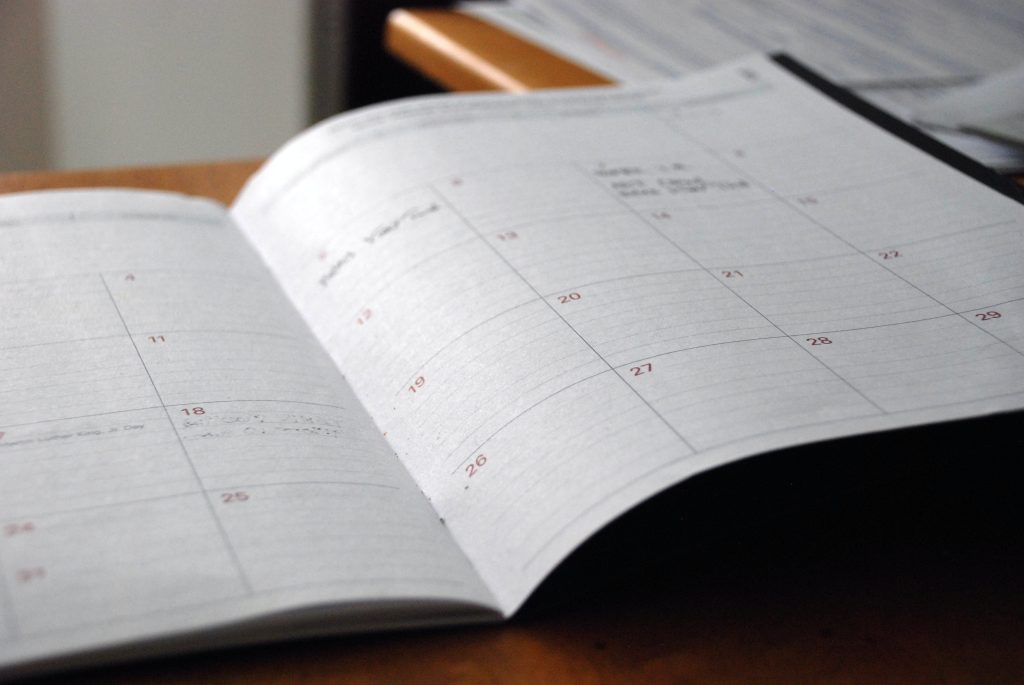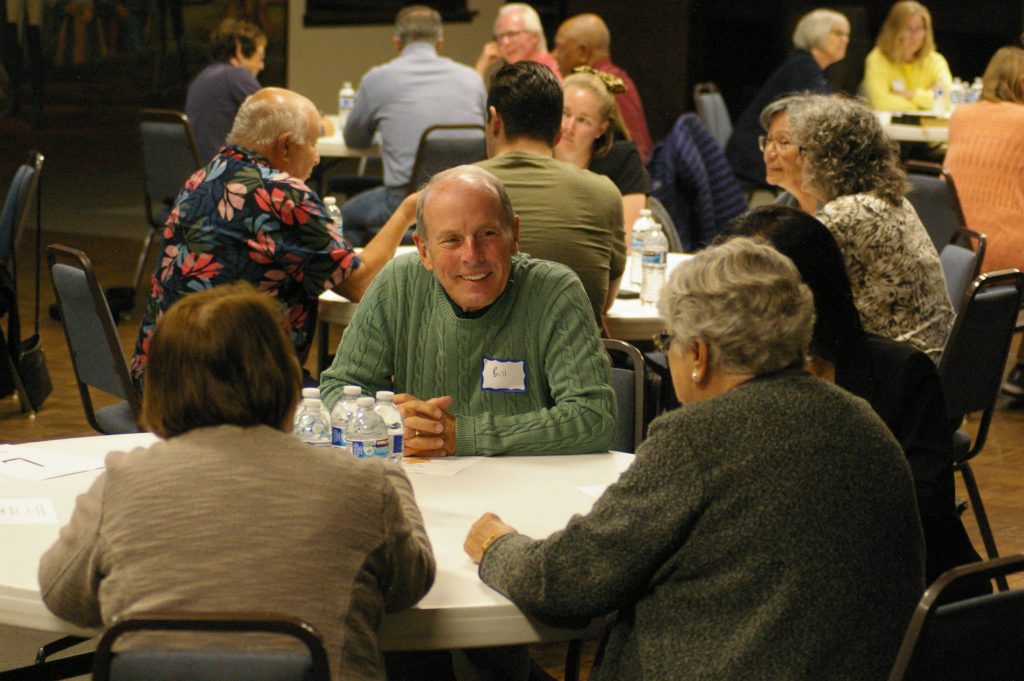SAN DIEGO — The Eucharist is the “source and summit of the Christian life,” in the words of “The Catechism of the Catholic Church.”
St. Pio of Pietrelcina, better known as “Padre Pio,” once expressed the value of the Mass in this way: “The earth could exist more easily without the sun than without the Holy Sacrifice of the Mass.”
The novelist Flannery O’Connor, a devout Catholic, had a blunt response to the claim that the Eucharist is merely a symbol and nothing more.
“Well, if it’s a symbol, to hell with it,” said O’Connor, for whom the Eucharist was “the center of existence” and “all the rest of life is expendable.”
But according to a Pew Research Center Survey released in August 2019, only one-third of U.S. Catholics believe that the bread and wine at Mass are transformed into the Body and Blood of Christ.
To increase local Catholics’ understanding of and affection for the Blessed Sacrament, the Diocese of San Diego is launching a seven-week Eucharistic renewal program that will be presented at every parish.
“It is my deepest hope that these weeks will be for us all a time to grow in our love for and understanding of this most beautiful sacrament and, in doing so, come closer to the God who has bestowed upon us every blessing we know in this world,” Bishop Robert McElroy said in a recorded message that will be played for parishioners attending the Saturday vigil and Sunday Masses on Sept. 11 and 12.
The first phase of the renewal program will begin that weekend and continue through Sept. 26.
On three consecutive weekends, videotaped homilies will be presented at every parish on the following themes: “The Eucharist is a direct personal encounter with Jesus Christ” (Sept. 12), “The Eucharist is the sacrificial memorial of Christ’s Passion, Death and Resurrection by which we have been redeemed” (Sept. 19), and “The Eucharist is the sacred meal that nurtures us, bonds us together and sends us forth to transform the world” (Sept. 26).
These homilies will be available in English, Spanish and Vietnamese. In addition to being shown at Masses, the parishes will be sharing them through electronic communication and social media to reach parishioners who still haven’t returned to Mass even after the dispensation from the obligation to attend Mass was lifted in July.
During the weekend Masses of Oct. 2 and 3, every pastor in the diocese will dedicate his own homily to the topic of the Eucharist. And priests will celebrate “teaching Masses” during the weekends of Oct. 9 and 10, 16 and 17, and 23 and 24, pausing at various points to explain the meaning and history of the rituals.
“I’ve been ordained for 43 years and I’ve never seen a project quite this ambitious,” Father Peter Escalante, pastor of Mission San Diego de Alcalá Parish, said July 28 after recording one of the homilies that will be shown Sept. 26.
While the Eucharist is indeed the “source and summit” of the Catholic faith, he said, “what that really means can be fleshed out in a new way that’s going to be more meaningful for people.”
That’s what the Eucharistic renewal program is intended to achieve.
Father Ruben Arceo, pastor of St. Francis of Assisi Parish in Vista, recorded a homily to be shared at Sept. 19 Spanish-language Masses.
At his own parish, Father Arceo said he has seen plenty of Eucharistic devotion and is unaware of any doubts about the Real Presence, the belief that the Eucharist is Jesus Himself. He encounters long lines for confession every Saturday, and parishioners tell him it is their desire to receive Communion that brought them there.
At Mass, between Communion and the final blessing, he said, “I see our people on their knees, praying, truly connecting to what they have received.”
That being said, Father Arceo acknowledges that not all is well when it comes to Catholics’ appreciation for the Eucharist. He cited those Catholics who view Mass as “just another activity on their agendas” as well as those who simply “don’t care” about the sinfulness of missing Mass without a legitimate reason. He also finds it heartbreaking that, for many Catholics who are enthusiastic about devotions like the rosary and novenas, the Eucharist “is not something that is powerful for them.”
Father Matt Spahr, pastor of The Immaculata Parish at the University of San Diego, said that, despite the results of the Pew survey, he believes that Catholics “intuit the meaning” of the Eucharist. However, he added, they’re “not always able to articulate it” — and that is, in and of itself, a problem.
Father Spahr, who recorded one of the homilies for Sept. 12, said the diocese’s Eucharistic renewal program will “give people a language” to express why the Eucharist is important. That knowledge will not only benefit them personally, he said, but enable them to be “evangelists” to their friends and family.
Father Peter McGuine, pastor of Our Lady of Grace Parish in El Cajon, reflected on the correlation between poor understanding of the Real Presence and the percentage of Catholics for whom Mass doesn’t seem to be a priority.
“If people really understood what the Eucharist was about and what was being offered in the sacrifice in which we participate, they would never want to miss a Sunday or a holy day,” said Father McGuine, whose homily will be heard Sept. 19.
Bishop McElroy said that he has been hearing from pastors that Mass attendance is about 70 percent of what it was before the pandemic. But he cautioned against viewing the Eucharistic renewal program as “simply a pathway to get more people to come to Mass.”
“Even for those who’ve always been coming to Mass,” the bishop said, “the more people understand about the grace, and the depth, and the richness of this self-donation of Christ in the Eucharist, the deeper the relationship between the people and God will be.”









